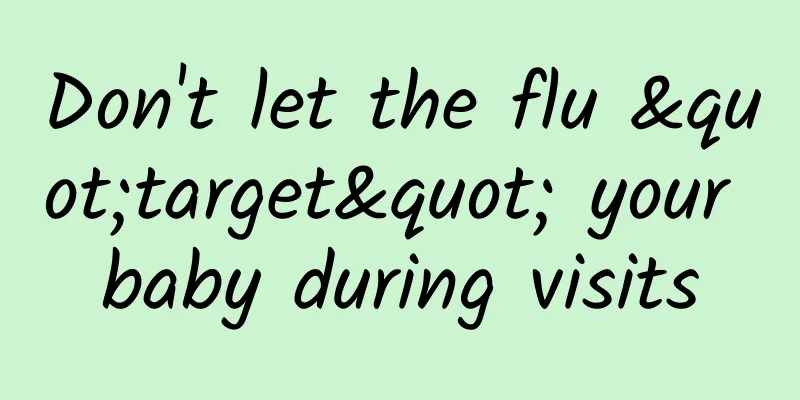Who would have thought that naps have so many benefits? How to unlock a high-quality nap?

|
In our busy lives, naps are often neglected, but they are of great importance. Today, let us enter the world of healthy naps with the Xiangdong Hospital affiliated to Hunan Normal University . 1. The health benefits of naps1. Slow down brain shrinkage After a morning of activity, the brain consumes a lot of energy and produces metabolic waste. A nap can give the brain a rest, reduce energy consumption, remove metabolic waste, and maintain normal metabolic levels. At the same time, naps help consolidate memory, improve learning and work efficiency, and have positive significance in preventing cognitive dysfunction such as memory loss caused by brain atrophy. In addition, naps can regulate the neuroendocrine system, reduce stress hormone levels, and are beneficial to the growth and maintenance of brain cells. 2. Reduce high blood pressure Taking a nap can lower average systolic and diastolic blood pressure, allowing tense blood vessels to relax for a moment. 3. Reduce the probability of cardiovascular and cerebrovascular diseases Studies have shown that people who take naps at least three times a week, with each nap lasting about 30 minutes, have a 30% lower risk of developing cardiovascular and cerebrovascular diseases than those who never take naps. In addition, a long-term follow-up survey of middle-aged and elderly people found that among people who insisted on taking regular naps, the proportion of cardiovascular and cerebrovascular diseases within five years was 15%, while the proportion of people who did not take naps was as high as 25%. 2. How to take a healthy nap?Although there are many benefits of taking a nap, many people not only feel tired but also feel dizzy and uncomfortable after waking up. Experts remind that taking a nap is also important. It is important to grasp the nap time and choose the right nap method. 1. The longer the time, the better The nap time should not be too long, about half an hour is appropriate. If the nap time is too long, you will enter a deep sleep state, and when you wake up from deep sleep, you will feel dizzy and affect your work and study in the afternoon. The recommended nap time is between 12-13 o'clock, and no later than 15 o'clock, otherwise it will affect the quality of sleep at night. 2. Don’t sleep right after eating Sleeping immediately after lunch may cause food reflux and gastric juice to irritate the esophagus, which may cause discomfort at the mildest and reflux esophagitis at the worst. It is best to rest for 20 minutes after lunch before going to bed. 3. Don’t sleep on the table Sleeping on the table will compress the arms and face, affecting blood circulation, causing numbness or even soreness in the arms and face. Sleeping on the stomach will also compress the eyeballs, causing high intraocular pressure and increasing the incidence of myopia and glaucoma. When taking a nap, it is best to lie flat on your back or side. If there is not enough space, you can put a pillow behind your head and lie in a semi-recumbent position to reduce pressure.
(Edited by YT) |
>>: Are you "insomniac" tonight? Learn these tips to help you sleep well all night!
Recommend
What are the early symptoms of pregnancy?
If women want to know whether they are pregnant, ...
If my period comes on the 5th, which day is my ovulation period?
If a woman wants to get pregnant, she must have a...
I haven't had my period for almost a month.
After a woman has fully developed, she will have ...
How to adjust menopausal hot flashes? These methods are very useful
People are prone to hot flashes during menopause....
Compound metronidazole vaginal suppository
Important reminder: patients who use vaginal supp...
Newly added to the list of carcinogens! Half of stomach cancers are related to it! See how the Medicine Gourd Brothers deal with it!
Recently, in the 15th edition of the carcinogen r...
Which department should I go to for a checkup of uterine cold?
For women, they may suffer from irregular menstru...
Is the shrinking of the ovarian follicle a sign of ovulation or atrophy?
If you know some relevant physiological knowledge...
Can I drink coffee before my period?
We do not recommend female friends to drink coffe...
How long after a miscarriage can I have my hair done?
It is best for women not to do their hair immedia...
Going to the toilet after drinking water means your kidneys are not good? Can eating black food nourish your kidneys? The truth is...
The kidneys are the body's "purifiers&qu...
Method of ultrasound at 8 weeks of pregnancy
Many female friends who are pregnant have no expe...
Repeated tearing of the vulva at the same location
If your private parts repeatedly crack, you must ...
How to reduce early pregnancy reactions?
Most women will have some degree of early pregnan...
Pregnant woman's belly becomes hard at 30 weeks
Pregnant women are in the late stage of pregnancy...









